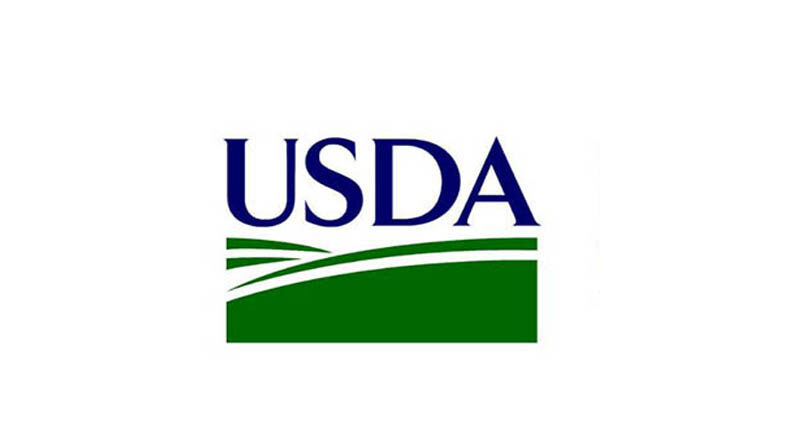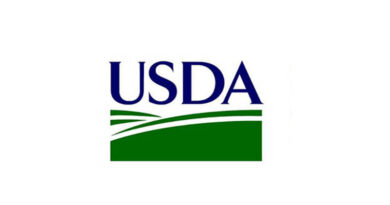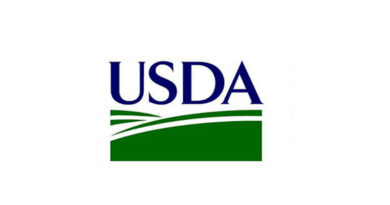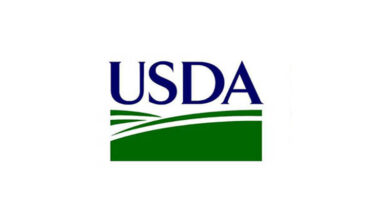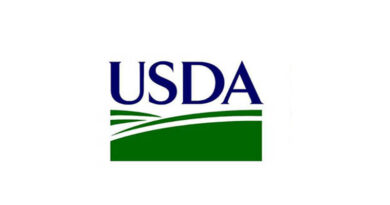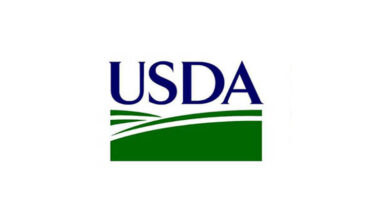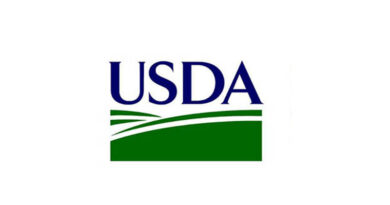Biden-Harris Administration and U.S. Department of Agriculture Establish New Program to Support Rural Health Care Providers, Invests $43 Million
14 April 2022, US: U.S. Department of Agriculture (USDA) Secretary Tom Vilsack today announced the establishment of a program under President Biden’s American Rescue Plan to expand rural hospitals and providers’ access to COVID-19 vaccines, testing, and supplies, while helping rural health care providers stay financially solvent in the long-term. The initial awards of the Emergency Rural Health Care Grants total $43 million and will benefit 2.2 million people (PDF, 290 KB) who live and work in rural America. Awardees include 93 rural health care organizations and community groups across 22 states.
This announcement is part of the Biden-Harris Administration’s Rural Infrastructure Tour, a multi-faceted outreach effort involving cabinet and sub-cabinet officials across federal agencies as they travel to and learn from rural communities across the country.
“Under the leadership of President Biden and Vice President Harris, USDA mobilized our staff and resources to respond in record time to improve the long-term viability of rural health care providers and services across this nation,” Vilsack said. “USDA used an all-hands-on-deck approach to create the Emergency Rural Health Care Grants program to address a variety of immediate health care needs and services in rural communities. The American Rescue Plan Act and this program are examples of the government’s ability to respond quickly to ensure every person and family has access to high-quality health care no matter their zip code.”
The Biden-Harris Administration made these funds available through its historic legislative package, the American Rescue Plan Act. Within months after the Act’s passage, USDA responded quickly by making this funding available to ensure the long-term availability of rural health care services. In total, the program will use up to $475 million in grants provided by President Biden’s American Rescue Plan to expand rural hospitals and providers. Additional awards will be announced in the coming months.
The grants USDA is awarding will help rural hospitals and health care providers implement telehealth and nutrition assistance programs, increase staffing to administer COVID-19 vaccines and testing, build or renovate facilities and purchase medical supplies.
For example:
- In Minnesota, Appleton Area Health will use a $174,300 grant to upgrade telehealth and telemedicine capabilities and replace hospital equipment. Funds will be used to purchase and install 28 flat panel television monitors with cameras for clinic exam rooms and hospital patient rooms. This project will also help to purchase and install an air conditioning unit for the laboratory, four new hospital beds and five powered air-purifying respirators. This project will benefit more than 1,400 people in the city of Appleton and rural communities in Swift and Lac Qui Parle counties.
- In Kansas, the Atchison Hospital Association will use a $414,800 grant to reimburse the hospital for revenue lost in 2020 due to the COVID-19 pandemic. This facility provides inpatient, outpatient, emergency care and physician services to people in Atchison County and surrounding areas.
- In Pennsylvania, the Greater Pittston Ambulance Association will use a $226,900 grant to purchase more than 200 pieces of medical equipment for emergency and ambulatory services. The equipment includes LIFEPAK monitors, therapy cables and reusable blood pressure cuffs.
The investments announced today will expand health care services in Florida, Iowa, Illinois, Indiana, Kansas, Michigan, Minnesota, Missouri, Montana, North Carolina, New Hampshire, New Mexico, New York, Ohio, Oklahoma, Oregon, Pennsylvania, Texas, Virginia, Washington, West Virginia and Wyoming.
USDA will announce additional awardees for Emergency Rural Health Care Grants in the coming weeks and months.
Background: Emergency Rural Health Care Grants
Congress passed the American Rescue Plan Act in March 2021 to deliver immediate economic relief to people impacted by the pandemic.
In August 2021, USDA made the Emergency Rural Health Care Grants available through the American Rescue Plan to help rural health care facilities, tribes and communities expand access to health care services and nutrition assistance.
The assistance is helping provide immediate relief to support rural hospitals, health care clinics and local communities. USDA is administering the funds through Rural Development’s Community Facilities Program.
Background: Rural Infrastructure Tour
Under the leadership of the Biden-Harris Administration, USDA and its federal partners in the Infrastructure Implementation Task Force are working with rural communities to deliver on the promise of support for rural America.
The Rural Infrastructure Tour is a multi-faceted outreach effort involving cabinet and sub-cabinet officials across federal agencies as they travel to and learn from rural communities across the country. These visits will highlight new federal funding and investments already underway through the Bipartisan Infrastructure Law, a once-in-a-generation investment that will support rural communities and their infrastructure needs.
Under the Biden-Harris Administration, Rural Development provides loans and grants to help expand economic opportunities, create jobs and improve the quality of life for millions of Americans in rural areas. This assistance supports infrastructure improvements; business development; housing; community facilities such as schools, public safety and health care; and high-speed internet access in rural, tribal and high-poverty areas. For more information, visit www.rd.usda.gov. If you’d like to subscribe to USDA Rural Development updates, visit the GovDelivery subscriber page.
USDA touches the lives of all Americans each day in so many positive ways. Under the Biden-Harris Administration, USDA is transforming America’s food system with a greater focus on more resilient local and regional food production, fairer markets for all producers, ensuring access to safe, healthy and nutritious food in all communities, building new markets and streams of income for farmers and producers using climate-smart food and forestry practices, making historic investments in infrastructure and clean energy capabilities in rural America, and committing to equity across the Department by removing systemic barriers and building a workforce more representative of America.

